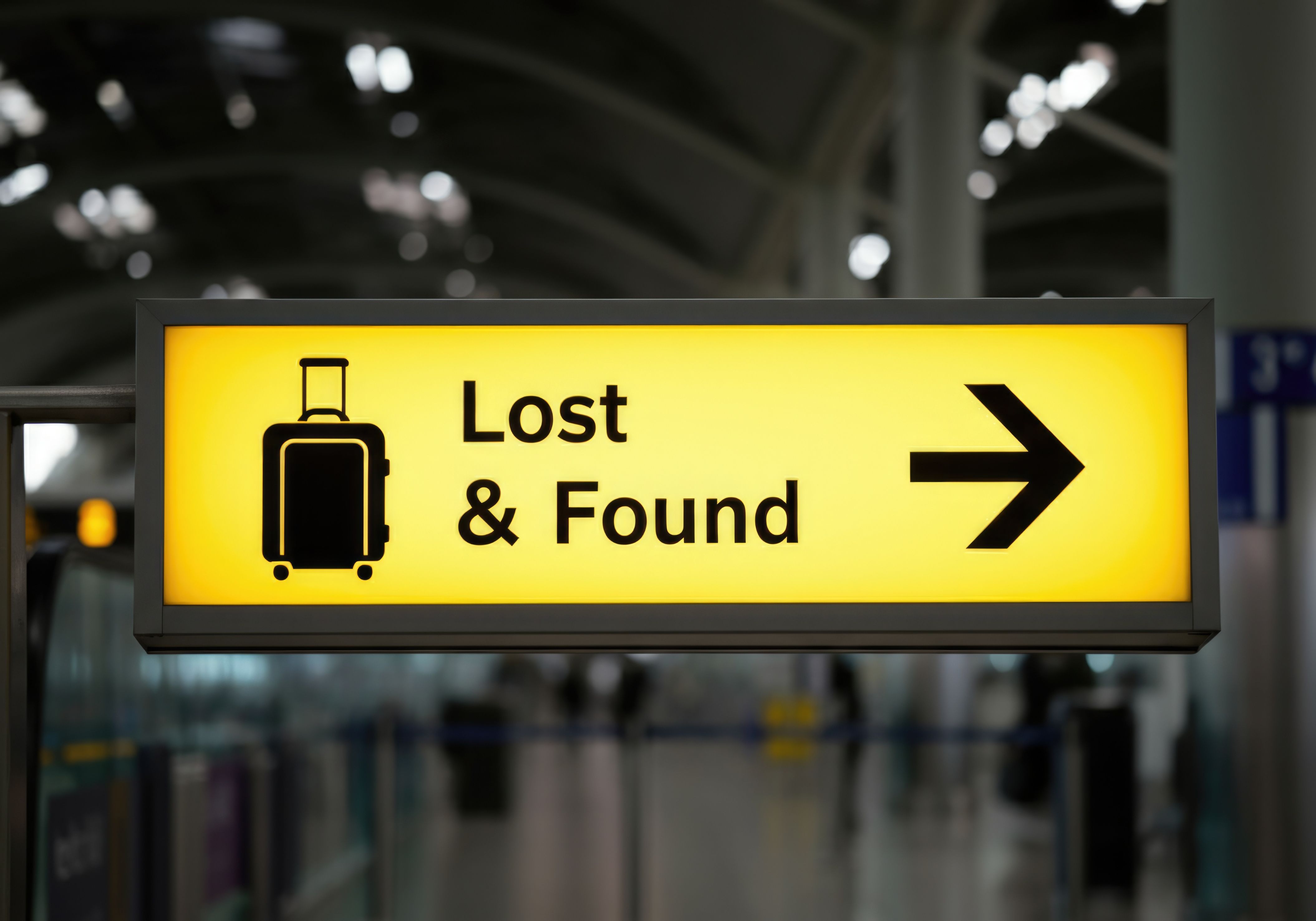The innocuously titled Building and Construction Legislation Amendment Bill 2022 (NSW) is anything but innocuous if you are in the game of using or dealing in building products.
This bill proposes amendments to the original Building Products (Safety) Act 2017 (NSW), the law that began the path toward eradicating combustible cladding. In proposing this new law, the net is cast much wider and goes after those further down the building product supply chain.
If you design, deal, know something, or ought to know something about a building product in NSW under this proposal, you are in scope. This includes:
- building designers, engineers, and architects, and
- a person who installs, or co-ordinates or supervises the installation of the product in a building during construction.
In some ways, the proposed laws operate like the work, health, and safety laws. For example, a person in the building product chain of responsibility can have more than one duty because of the nature of their job. Also, more than one person may concurrently have the same duty. When this happens, each person is responsible to the extent they have capacity to control and influence the matter and can’t transfer the duty to someone else. There’s no passing the buck, up or down the chain.
Here's the crux of the matter, ‘A person in the chain of responsibility for a building product must ensure non-compliance risk does not exist in relation to the product’ (s 8E). The key words? Must. Ensure. Non-compliance risk. Does not exist.
Like most things in this proposed new law, the concept of ‘non-compliance risk’ is also defined widely. Non-compliance risk will exist if the product is or may be a NCBP (non-conforming building product), or if an intended use of the product is or may be a non-compliant use.
And here is where it gets personal, particularly for those in senior leadership and management roles. An offence against what is presently called s 8E (quoted above) is an ‘executive liability offence’ and applies to a person who is:
- a director, or
- an individual who is involved in the management of the corporation and can influence the conduct of the corporation in relation to the matter, and
- either or both know or ought reasonably to know the office would or is being committed and fails to take all reasonable steps to prevent or stop that offence.
Reasonable steps include action (if any) towards:
- assessing the corporation’s compliance,
- ensuring the corporation arranged regular professional assessments of its compliance provisions,
- ensuring the corporations employees, agents and contractors are provided with information, training instruction and supervision,
- ensuring the plant, equipment, and other resources, and the structures, work systems and other processes relevant to compliance are appropriate, and
- creating and maintaining a corporate culture that does not direct, encourage, tolerate or lead to non-compliance.
They are heavy duties. They are personal. They are non-delegable.
Lastly, the maximum penalty. For corporations $165,000. For individuals, $55,000.
There are more significant reforms in this bill including providing building product information. I will write about these soon. In the meantime, have your say on the proposed new laws at –






